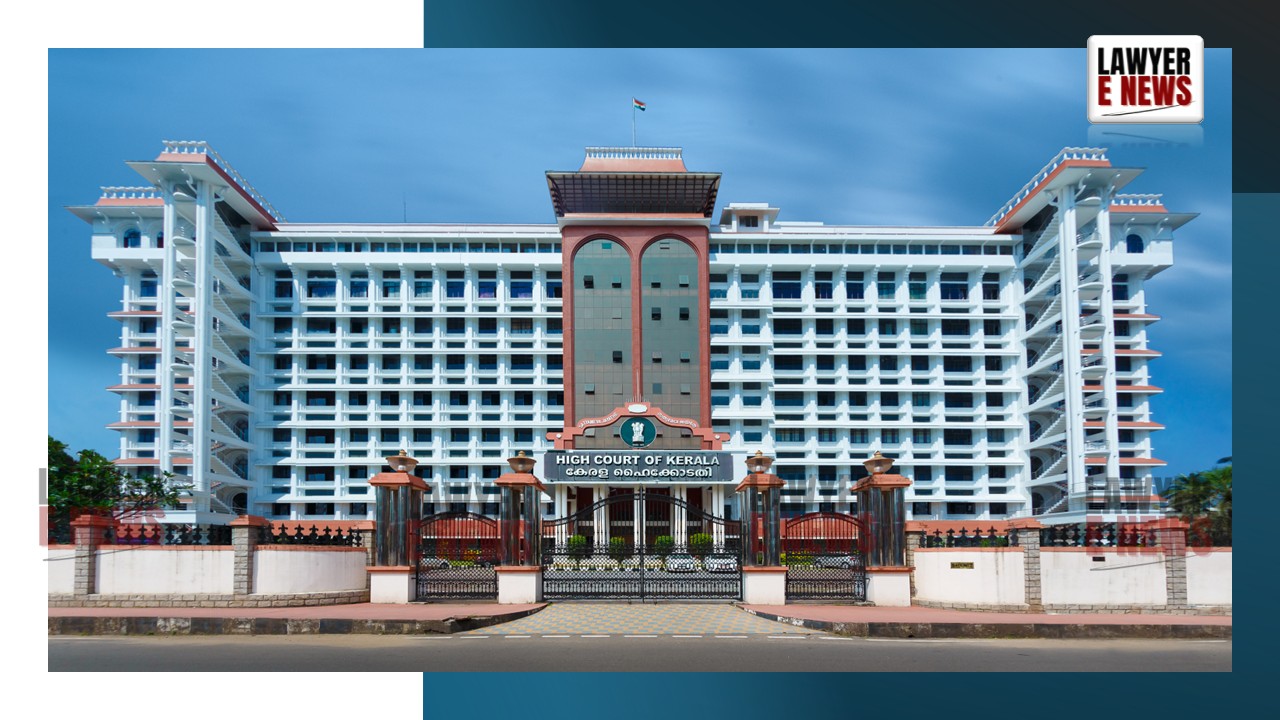-
by Admin
16 February 2026 10:43 AM



Subheadline: Convictions under Sections 143, 147, 148, 302, and 302 r/w Section 149 IPC upheld despite alleged investigative lapses.
Introduction:
The Kerala High Court has upheld the convictions of the accused in the 2006 murder of Shameer, affirming the trial court’s findings. The judgment, delivered by Justices Raja Vijayaraghavan V and G. Girish, emphasizes the importance of witness testimonies and the probative value of evidence, despite alleged defects in the investigation. The court’s decision reinforces the principle that investigative lapses do not necessarily invalidate strong and credible evidence.
Facts of the Case:
In December 2005, an altercation occurred between the victim, Shameer, and the first accused, Jayan. Shameer objected to Jayan drinking alcohol in public, resulting in a confrontation where Shameer struck Jayan with a bottle, causing injuries. This incident led Jayan and his associates to harbor animosity towards Shameer. On May 14, 2006, the accused allegedly conspired to murder Shameer, leading to his brutal killing by a group armed with choppers and iron pipes.
Court Observations and Views:
Witness Testimonies:
The court placed significant weight on the eyewitness accounts provided by PWs 2 to 4, finding their testimonies consistent and credible despite minor discrepancies. The court noted that minor variations in the testimonies were natural and did not undermine the overall credibility of the witnesses. Justice Raja Vijayaraghavan V stated, “Mere marginal variations in the statements of a witness cannot be dubbed as improvements as the same may be elaborations of the statement made by the witness earlier”.
Credibility of Medical Evidence:
The medical evidence, including the post-mortem certificate and the wound certificate, was deemed significant in establishing the cause of death as homicide. Despite procedural lapses in marking the post-mortem certificate, the court held that the substantive evidence provided by the doctors was credible. The court remarked, “The injuries inflicted were sufficient in the ordinary course of nature to cause death. We hold that the death of Shameer was a case of homicide”.
Legal Reasoning:
The court extensively discussed the principles of evaluating evidence, particularly in cases involving multiple eyewitnesses and alleged investigative lapses. It reaffirmed that a conviction can be sustained on the basis of credible witness testimonies and corroborative medical evidence, even when there are defects in the investigation. The court cited the Supreme Court’s observation in C. Muniappan v. State of Tamil Nadu, stating, “The defect in the investigation by itself cannot be a ground for acquittal”.
Justice Raja Vijayaraghavan V emphasized the reliability of the prosecution’s evidence, stating, “The inconsistencies pointed out by the learned counsel appearing for the appellant are minor and the learned Sessions Judge has sifted the chaff from the grain and has arrived at the finding of guilt”.
Conclusion:
The Kerala High Court’s decision to uphold the convictions in the Shameer murder case underscores the judiciary’s commitment to ensuring that justice prevails, even in the face of investigative shortcomings. By affirming the lower court’s findings, the judgment sends a clear message about the importance of credible witness testimonies and medical evidence in securing convictions. This landmark ruling is expected to reinforce the legal framework for addressing serious crimes, emphasizing that procedural lapses do not necessarily compromise the pursuit of justice.
Date of Decision: July 25, 2024
